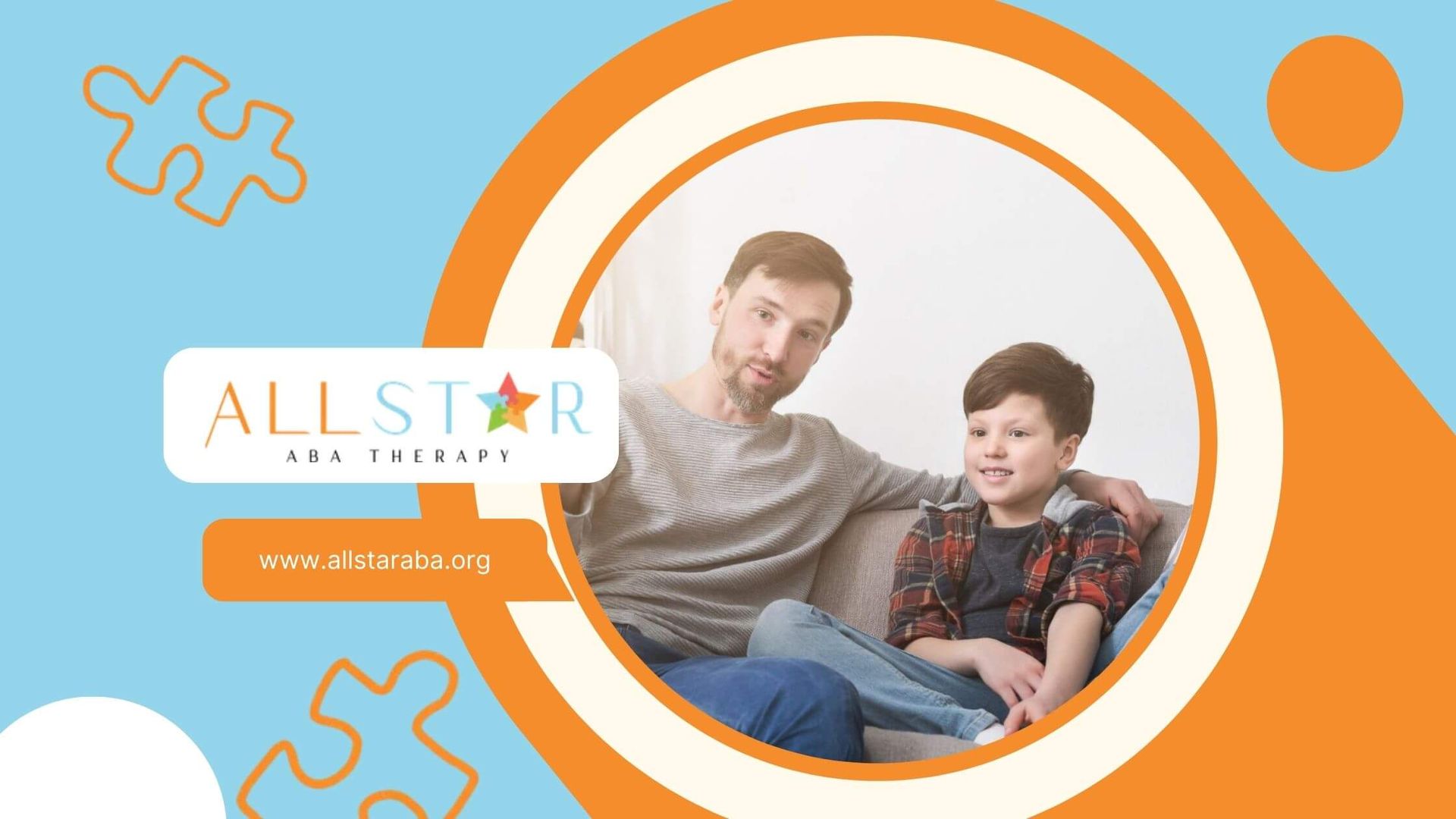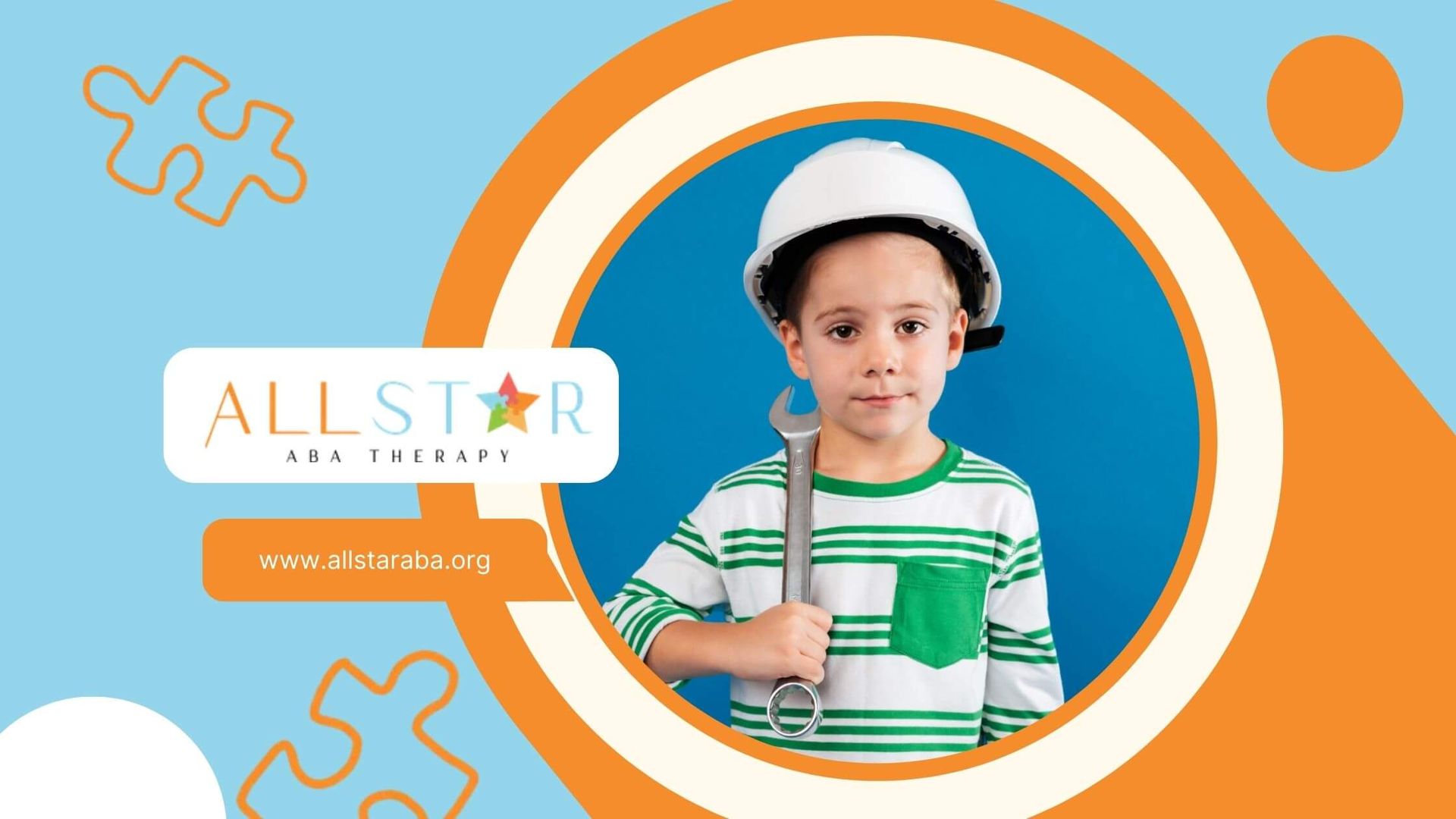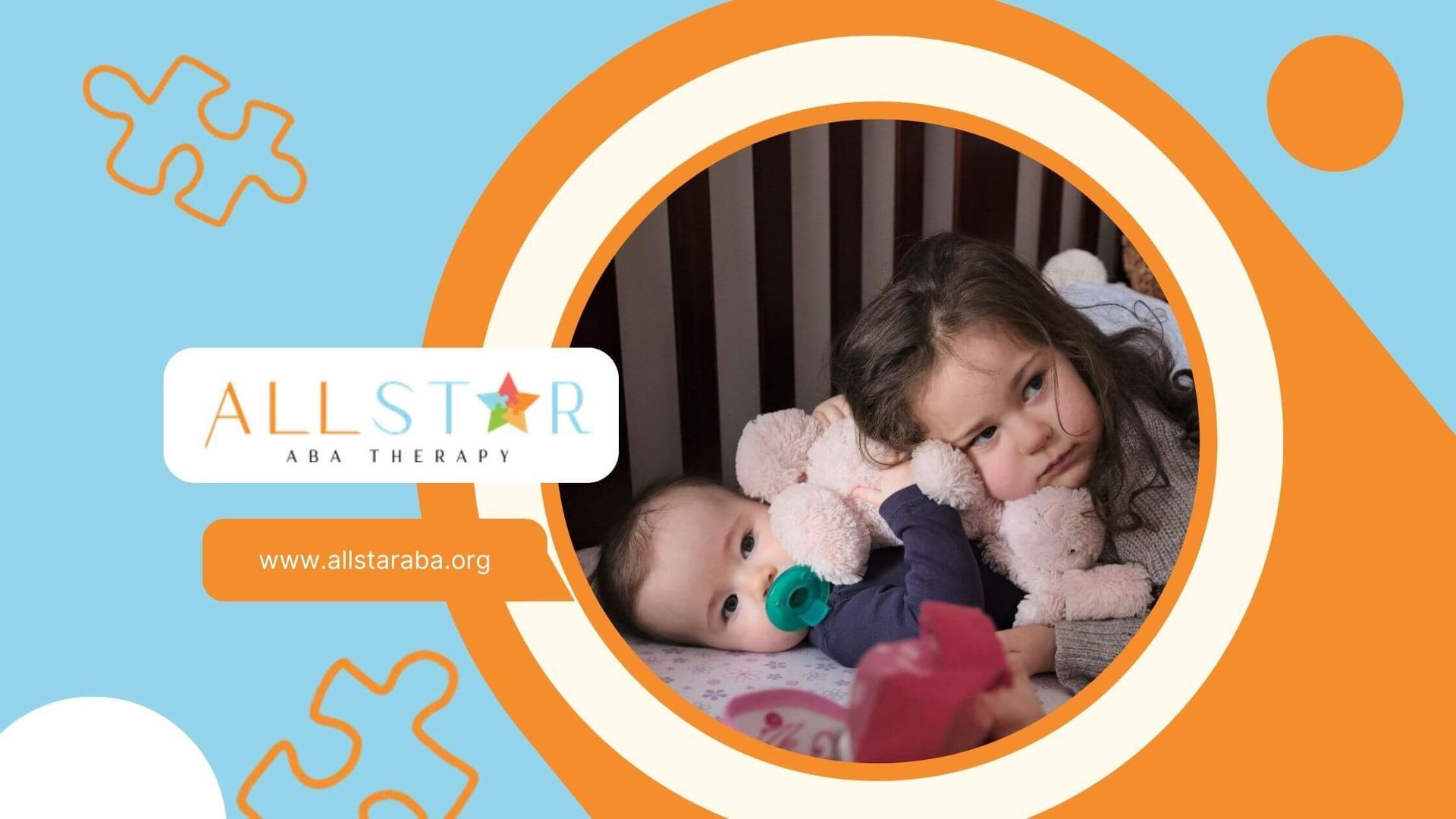New Paragraph
Is Björk Autistic? Exploring the Speculation and Understanding Neurodiversity
Icelandic singer-songwriter, actress, and creative visionary Björk has captivated global audiences for decades with her otherworldly voice, genre-defying music, and bold artistic choices. Her personality, often described as eccentric, deeply introspective, and emotionally expressive, has sparked curiosity—and speculation—among fans and followers: Is Björk autistic?
In this blog, we explore the origins of this question, what autism looks like in public figures, and why it's important to approach such speculation with sensitivity. More importantly, we use this conversation as an opportunity to understand neurodiversity, celebrate uniqueness, and learn about the broad spectrum of autism.
Who Is Björk?
Before we dive into the question, let’s quickly revisit who Björk is:
- Born in Reykjavik, Iceland, in 1965, Björk Guðmundsdóttir began her music career as a child.
- She rose to international fame in the 1990s with albums like Debut, Post, and Homogenic.
- Known for blending electronic, classical, and avant-garde elements, her work is experimental, emotional, and visually striking.
- She has also acted, notably in Dancer in the Dark (2000), earning critical acclaim and a Cannes Best Actress Award.
Her creativity is both admired and seen as unusual by mainstream audiences—leading to questions about her cognitive and emotional world.
Has Björk Ever Said She's Autistic?
No, Björk has never publicly stated that she is autistic. There is no record of a formal diagnosis or any direct acknowledgment from her that she is on the autism spectrum.
Any speculation about her being autistic is based solely on public perception, behaviors, interviews, or her unique approach to music and communication. These interpretations, while interesting, can be problematic if not handled thoughtfully.
Why Do People Wonder If Björk Is Autistic?
There are several reasons why people speculate about Björk's neurodivergence:
1. Her Unconventional Communication Style
In interviews, Björk often speaks in metaphors and tangents. She expresses herself in deeply philosophical or symbolic ways that may seem unusual to some. Her communication style doesn't follow traditional norms, which can lead some to see signs of neurodivergence.
2. Sensory Awareness
Her work is rich in sensory detail—sound, visual art, nature, and textures. People with autism often have heightened sensory sensitivity, and Björk’s intense connection to nature, sounds, and emotion has led some to draw parallels.
3. Social Eccentricity
Björk has long been labeled as “eccentric,” “elusive,” or “mysterious.” Traits that may overlap with characteristics of autism, such as preferring solitude, having deep passions, and being perceived as socially different.
4. Hyperfocus on Art and Detail
Autistic individuals often exhibit hyperfocus—an intense dedication to a specific interest or subject. Björk is known to have total creative control over her projects, from sound design to costume to 3D visuals. This kind of immersive attention has led some to wonder if she has autistic traits.
What Does Autism Really Look Like?
Autism Spectrum Disorder (ASD) is a neurodevelopmental condition that affects communication, social interaction, and behavior. It is called a “spectrum” because it includes a wide range of experiences and abilities.
Common signs of autism may include:
- Difficulty with back-and-forth conversations
- Challenges reading social cues
- Sensory sensitivities (e.g., lights, sounds, textures)
- Preference for routines and predictability
- Intense interests or passions
- Literal interpretation of language
But autism also comes with strengths, such as:
- Exceptional attention to detail
- Unique problem-solving skills
- Deep empathy (sometimes masked by difficulty expressing it)
- Creative thinking and innovation
It’s important to understand that not every person who is creative, eccentric, or sensitive is autistic—and not every autistic person shows the same traits.
The Risks of Speculating About Autism in Public Figures
Speculating about someone’s neurotype—especially without their input—can be:
1. Invasive
Autism is deeply personal. Unless someone chooses to share their diagnosis, it’s not our place to assume or label.
2. Misleading
Assigning autistic traits to someone because they are introverted, artistic, or different reinforces stereotypes. Autism is complex and goes beyond being quirky or different.
3. Harmful
Speculation can turn into gossip or stigma. It may also discourage those with a diagnosis from feeling safe or seen.
Why Neurodivergent Representation Matters
While it’s not appropriate to label someone without their consent, representation of neurodiversity in media and the arts is incredibly important.
When public figures embrace their neurodivergence—whether that’s autism, ADHD, or other neurological differences—it helps reduce stigma, promotes understanding, and empowers others.
Some well-known public figures have openly discussed their autism diagnoses, including:
- Dan Aykroyd (actor, “Ghostbusters”)
- Susan Boyle (singer)
- Anthony Hopkins (actor)
- Chris Packham (naturalist and TV presenter)
- Temple Grandin (scientist and autism advocate)
These individuals have shared their journeys, helping others to understand autism and feel less alone.
Could Björk Be an Unintentional Advocate for Neurodiversity?
Even without a diagnosis, Björk’s career challenges norms in powerful ways:
- She embraces uniqueness in a world that rewards conformity.
- She is emotionally expressive and unapologetically different.
- She centers her work around nature, emotion, and connection, often in ways that transcend traditional language or behavior.
These qualities can resonate deeply with neurodivergent individuals, who may feel seen or inspired by her artistry.
Autism Is Not Just a Medical Label—It's a Different Way of Being
One of the most important shifts in autism awareness today is the neurodiversity movement, which frames autism as a natural variation of the human brain, not a disorder to be fixed.
This perspective emphasizes:
- Acceptance over “cure”
- Celebrating strengths as well as challenges
- Promoting accommodations instead of forcing conformity
In this light, whether Björk is autistic becomes less important than the broader takeaway: we should make space for all types of minds.
What We Can Learn from This Conversation
Asking “Is Björk autistic?” opens up a bigger, more valuable conversation about:
- How society defines “normal”
- Why we pathologize uniqueness
- How we treat people who don’t fit the mold
- What real inclusion looks like
Whether Björk is neurodivergent or not, her impact proves that thinking differently is a gift, not a flaw.
How to Support Neurodivergent Individuals
If you’re a parent, teacher, or caregiver of someone on the autism spectrum, you can support them by:
- Providing routine and structure
- Being clear and direct in communication
- Offering sensory-friendly environments
- Celebrating their passions
- Seeking out therapies that are individualized and strengths-based
ABA therapy (Applied Behavior Analysis) is one evidence-based approach that helps individuals with autism build communication, social, and life skills.
Final Thoughts
So, is Björk autistic? We don’t know—and it’s not ours to diagnose.
What we do know is that her creative genius, emotional depth, and unique worldview have inspired people across the globe, including many in the neurodivergent community.
Whether or not she identifies as autistic, Björk stands as a symbol of what’s possible when we allow people to express themselves fully, without judgment.
If you’re seeking guidance or support for a loved one with autism, All Star ABA provides personalized ABA therapy rooted in compassion, science, and respect. Our goal is to help every individual grow with confidence—on their own terms.
Frequently Asked Questions
Has Björk ever confirmed she is autistic?
No, Björk has never publicly stated that she is autistic or received an official diagnosis that she has shared. Any assumptions are purely speculative.
Why do people think Björk might be autistic?
People often point to her unique communication style, sensory sensitivity in her music and visuals, and deep focus on creativity. These traits can overlap with autism, but they do not confirm it.
What is the right way to talk about autism in public figures?
With respect and caution. Unless someone shares their diagnosis, it's best to focus on celebrating neurodiversity rather than making assumptions. Understanding autism is important, but so is respecting individual privacy.
Sources:
- https://www.autism.org.uk/advice-and-guidance/topics/sensory-differences/sensory-differences
- https://pmc.ncbi.nlm.nih.gov/articles/PMC9579965/
- https://pmc.ncbi.nlm.nih.gov/articles/PMC2677582/
- https://pmc.ncbi.nlm.nih.gov/articles/PMC8992913/
- https://autismsociety.org/
Need Support?
We're Here to Help!
Our experienced team is ready to assist you. Reach out today to discuss how we can support your child's development and well-being.
Get started with expert ABA therapy today.








